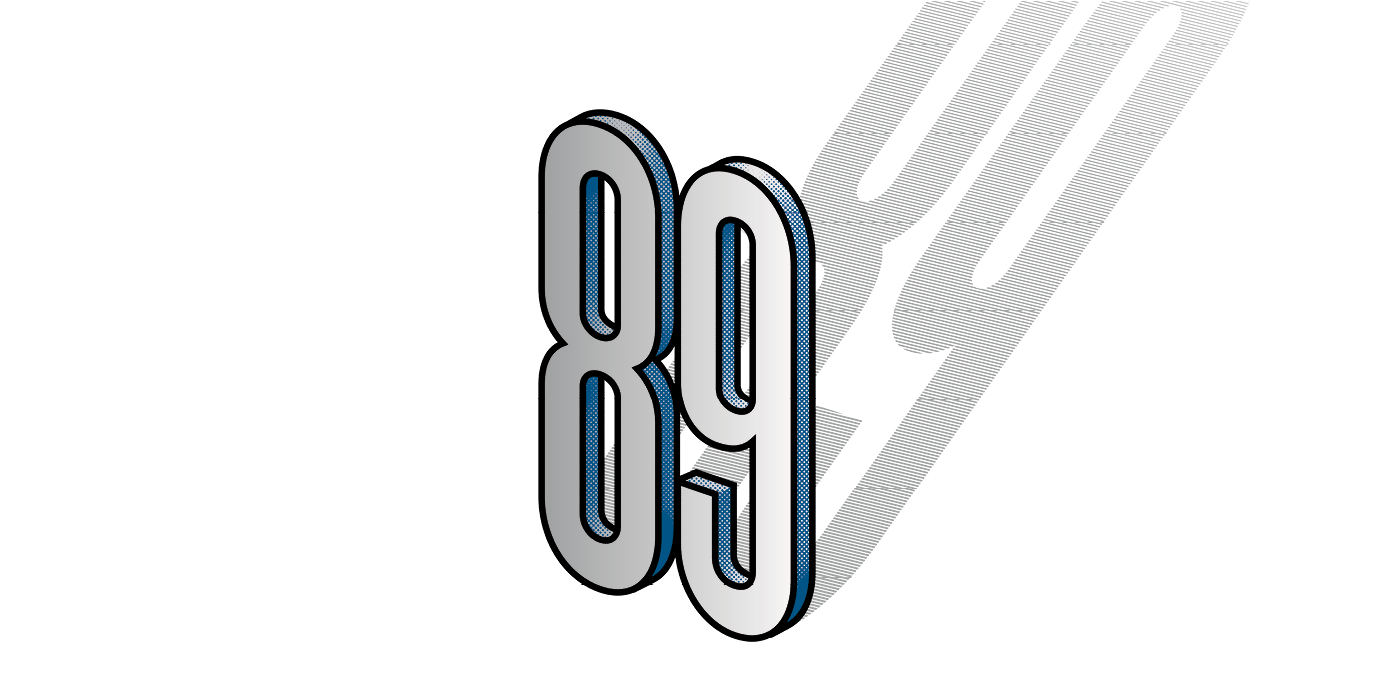Dear Readers,
Thirty years ago, the barbed fences were removed and the walls surrounding the former Eastern bloc were demolished. The Soviet empire collapsed due to both the external determination of the free world and the internal, seemingly powerless, resistance of a handful of those empowered only by mutual solidarity and faithfulness to the values of human rights and dignity. In an interview in this issue, Daniel Kroupa reminds us of the heritage of Jan Patočka, spokesperson of Charter 77, that “there are situations where a philosopher has a duty to put his philosophy into practice and proclaim it in real life”. Most of those powerless people—to whom we should remain grateful to date—are gone, tired or have retired from public life. Hence the title of this issue.
The first decade of freedom in former communist countries was marked by more hopes than fears. The West was wondering how post-communist societies would be—somewhat disoriented as prisoners just released—able to cope with the opportunities and challenges connected with a liberalized economy and pluralistic politics. Surveys later confirmed that only a minority of citizens were engaged actively at that time in the transformation of society while a majority was rather passive in adapting to the new circumstances. Some of those would later see themselves as losers in the transformation.
Political and economic transformation was managed in most of the countries in the second decade to the extent that they became eligible for membership in the Atlantic Alliance and the European Union. Simultaneously, there was a growing realization that the sole institutional umbrella of Euro-Atlantic institutions did not bring about higher standards of governance, and a quick catch-up with the Western living standard. Doubts about the efficiency of “a policy of imitation” (Ivan Krastev) began to surface. As György Schöpflin explains in his article, the first seeds of an illiberal mood were sown with the acceptance of the superiority of Western institutions by the countries joining the club.
The overture to the third decade was marked by the world economic and financial crisis that deepened the existing disappointments, disillusions and divisions, not just in former Eastern bloc countries. Today, the leaders of the past 30 years are gone or leaving and new leaders are either suggesting simple and populist solutions or painting a bleak future. In this atmosphere, the way we see our recent path will frame our perspective for the future. In his article on this issue, Basil Kerski reminds us that our debate about recent history is basically a debate about our future.
I hope the readings in this issue will provide not only a retrospective look at the last 30 years but will also reflect current challenges. Who are the powerless of today who will shape our future? Are they still those who can draw their strength from solidarity and the universal longing for human rights? In Europe or elsewhere, they should not be forgotten.


